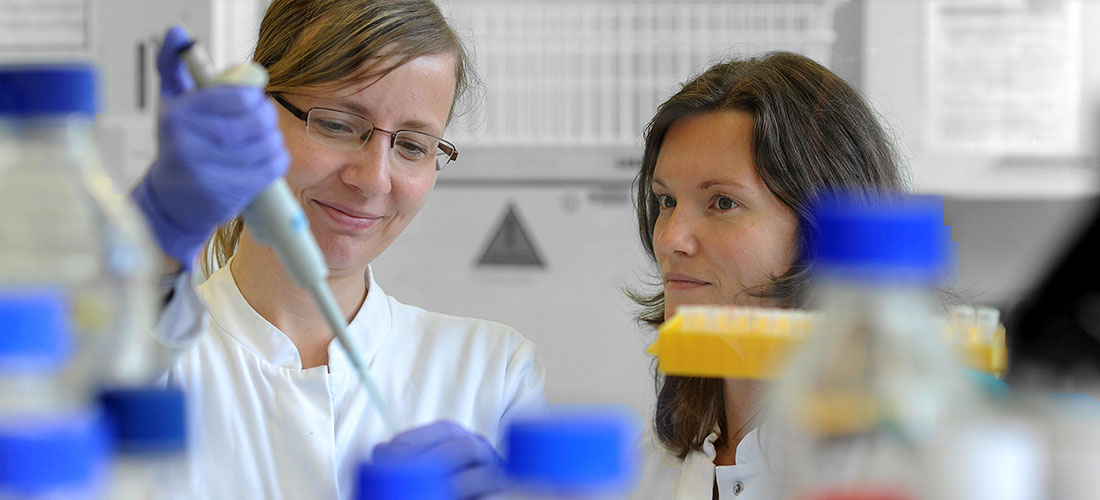C01: Neuroblastoma cell states and their link to the microenvironment, disease progression and therapy response
Transcriptional and epigenetic heterogeneity as well as phenotypic plasticity are increasingly recognized as drivers of progression, metastasis and treatment evasion in tumors. Transcriptional variation among malignant cells in the same patient and between different patients with the same cancer, is typically organized into cell states that are characterized by modules of co-expressed genes. Analyzing cell transcriptional states in solid tumors is, however, hampered by a number of experimental limitations, including genetic differences among patients or differently evolving tumor cells, as well as technical batch effects. We hypothesize that precise analysis of tumor cell states, combined with experimental measurement of cellular plasticity, could identify vulnerabilities in neuroblastoma cells. We propose to use genetically well-controlled zebrafish models of neuroblastoma and multiplexed single-cell transcriptomics to systematically analyze the tumor cell state spectrum (Task 1). Importantly, results from the zebrafish model system will be matched with data from patient samples to determine whether the same principles hold true for human disease. Task 2 combines cell barcoding and transplantation experiments to assess cell state plasticity. To identify cancer cell vulnerabilities, we will determine regulatory mechanisms and microenvironmental factors that underlie cell state transitions (Task 3). Task 4 will determine how different cell states are affected by treatment and disease progression. The approach in project C01 allows us to address fundamental questions about the (i) spectrum of cell states and gene modules in neuroblastoma, (ii) plasticity of these transcriptional states, (iii) regulatory mechanisms and microenvironmental factors underlying state transitions and (iv) links between cell states and treatment response as a springboard to defining clinical markers and therapeutic targets.
PhD positions and place of work: 2
1 wet-lab (PI Anton Henssen, Charité Berlin)
1 wet-lab with interest in bioinformqatics (PI Jan-Philipp Junker, MDC/BIMSB Berlin)



